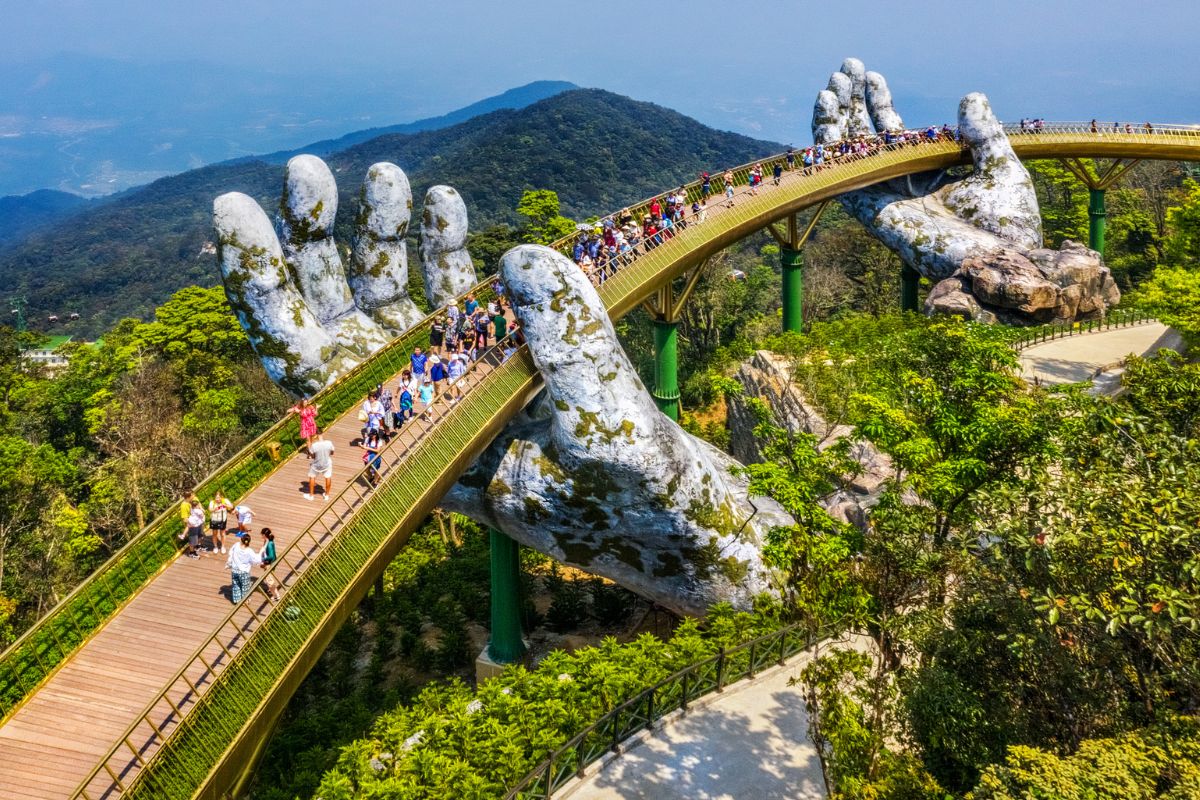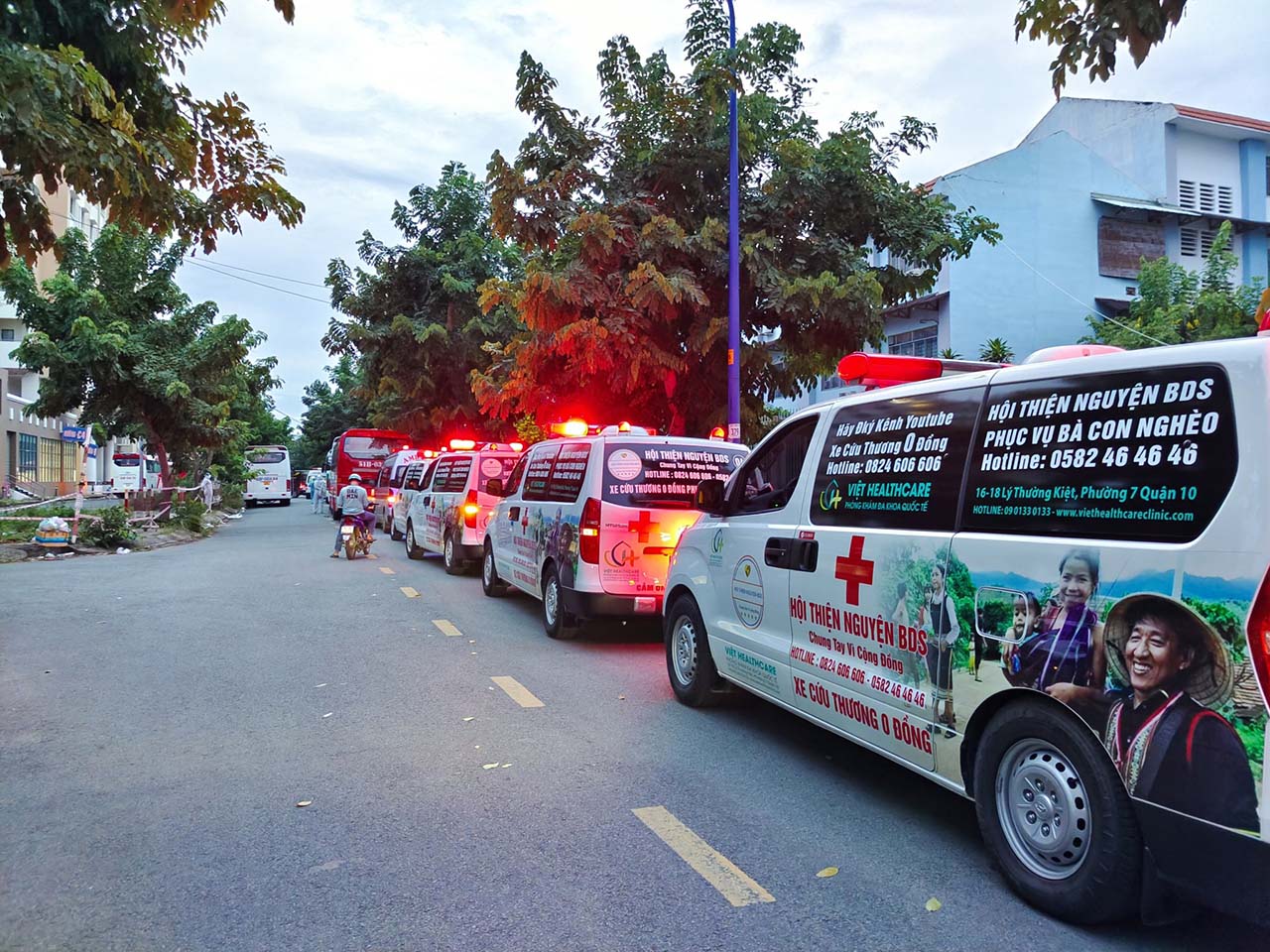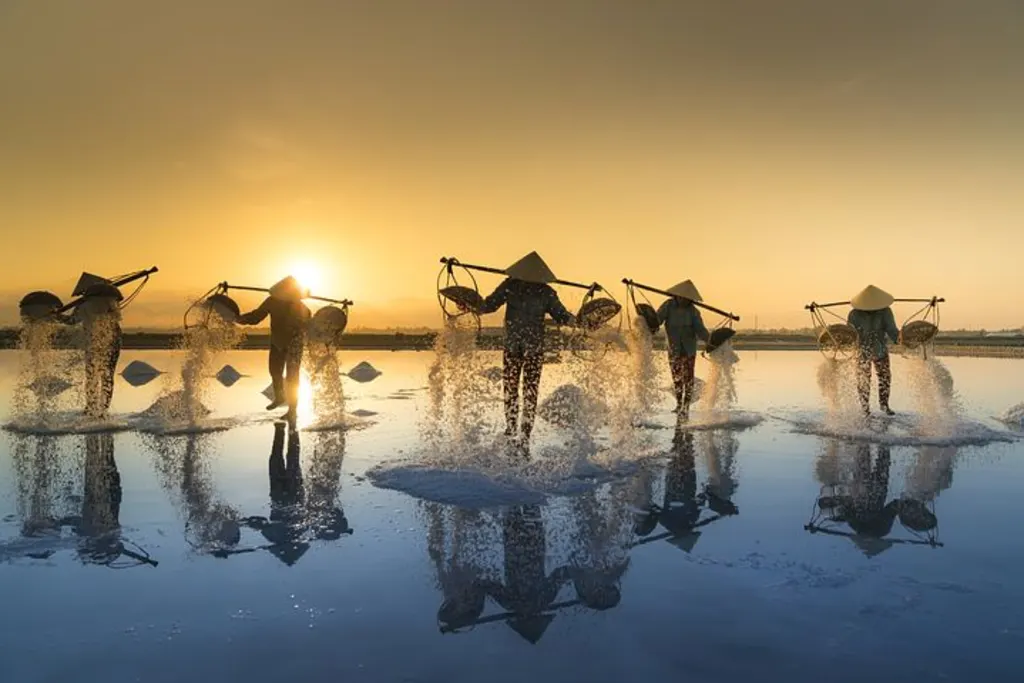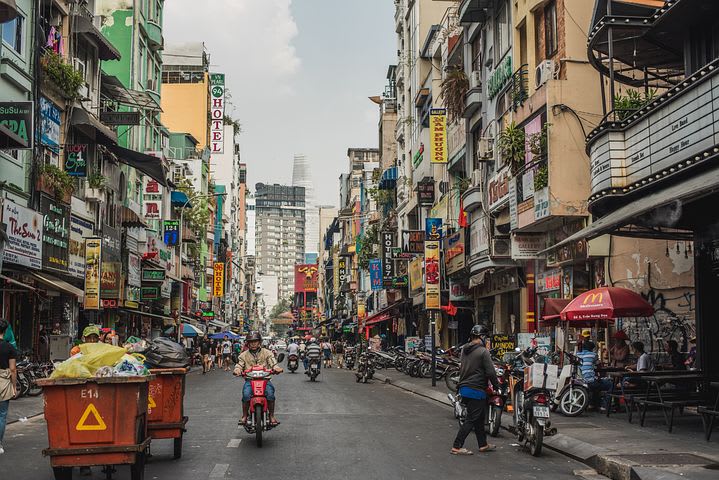Uncategorized
Is It Safe To Travel To Vietnam Now? Things You Need To Know
Vietnam is a vibrant country known for its rich culture, stunning landscapes, and friendly locals. If you’re considering a trip, you might be wondering about the current safety conditions. So, Is It Safe To Travel To Vietnam Now? VietnamDopeTravel will provide you with the latest updates on travel safety in Vietnam, including health protocols, security measures, and essential travel tips to ensure a smooth and enjoyable journey.
Is It Safe To Travel To Vietnam Now?
So Is It Safe To Travel To Vietnam Now? Vietnam is generally considered a safe destination for travelers. Petty crimes, such as pickpocketing and bag snatching, can occur, especially in tourist hotspots. However, violent crime is rare, and most visitors enjoy a trouble-free stay. Police presence is visible in urban areas, adding to the sense of security.
Crime Rates
Vietnam’s crime rate is relatively low compared to other Southeast Asian countries. While incidents of theft and scams exist, they are usually non-violent.
Tourists should exercise caution in crowded places and keep an eye on their belongings. In rural areas, crime is even less common, and local communities are known for their hospitality and friendliness.
Political Stability
Vietnam boasts a stable political environment. The one-party system, led by the Communist Party of Vietnam, maintains tight control, which contributes to overall societal stability. Protests and political unrest are rare, and the government places a strong emphasis on maintaining order and safety for both residents and visitors.
Health and Hygiene
Vietnam has made significant strides in improving public health and hygiene. However, travelers should be aware of potential health risks and take necessary precautions to stay healthy during their visit.
Safe Travel Tips

Health Precautions
Before traveling to Vietnam, it’s important to ensure you’re up-to-date on routine vaccinations like measles-mumps-rubella (MMR), diphtheria-tetanus-pertussis, varicella (chickenpox), polio, and your yearly flu shot.
Additionally, the CDC recommends vaccinations for hepatitis A, hepatitis B, typhoid, Japanese encephalitis, and rabies, depending on your travel plans and duration of stay. It’s wise to visit a healthcare provider at least a month before departure for a comprehensive health check and to discuss any additional vaccinations you might need.
Personal Safety
Practicing common sense and staying alert are key to personal safety in Vietnam. Always keep your belongings secure and avoid displaying valuables. Use reputable transportation services and be cautious when crossing busy streets.
Staying in well-reviewed accommodations and avoiding poorly lit areas at night can further enhance your safety. It’s also advisable to have a photocopy of your passport and important documents in case of loss or theft.
Cultural Sensitivity
Respecting Vietnamese culture and traditions is crucial for a pleasant and respectful travel experience. Dress modestly, especially when visiting temples or rural areas. Learn a few basic phrases in Vietnamese, such as greetings and polite expressions, as locals appreciate the effort.
Understanding customs around mealtime, such as using both hands to pass items and not pointing with your feet, can also help you navigate social situations more gracefully.
Emergency Contacts and Resources

Local Emergency Numbers
When traveling in Vietnam, it’s crucial to know the local emergency numbers. For police assistance, dial 113. If you need an ambulance, call 115. In case of a fire, dial 114.
These numbers are accessible nationwide, and operators typically speak Vietnamese. It’s advisable to have a local contact or someone who speaks Vietnamese assist you if language becomes a barrier.
Embassy Contacts
Having the contact information for your country’s embassy or consulate is essential. Embassies can assist with various issues, from lost passports to legal troubles. They provide critical support in emergencies.
For instance, the U.S. Embassy in Hanoi and the Consulate General in Ho Chi Minh City offer 24/7 assistance for American citizens. Similar services are available from embassies of other countries.
Travel Insurance
Travel insurance is a must-have when visiting Vietnam. It covers a wide range of potential issues, including medical emergencies, trip cancellations, lost luggage, and more.
Policies vary, so read the terms carefully to ensure you have adequate coverage. It’s also beneficial to have a policy that offers 24/7 assistance and a hotline for emergencies.
FAQs
What are the common scams and how can I avoid them?
Common scams in Vietnam include overcharging by taxi drivers, street vendors, and some tour operators. To avoid these, use reputable services, agree on prices beforehand, and stay vigilant. Using ride-hailing apps like Grab can also help prevent overcharging.
Is the tap water safe to drink in Vietnam?
No, tap water in Vietnam is not safe to drink. It is recommended to drink bottled or filtered water. Most hotels and restaurants provide safe drinking water.
What should I know about local transportation?
Local transportation in Vietnam includes buses, taxis, motorbike taxis, and trains. While generally safe, it’s important to be cautious, particularly with motorbike taxis. Always wear a helmet and consider using ride-hailing apps for convenience and safety.
Are there any cultural norms or etiquette I should be aware of?
Yes, understanding local customs is important. Dress modestly, especially when visiting temples and religious sites. Show respect to elders, avoid public displays of affection, and remove your shoes when entering someone’s home.
Conclusion
In short, we cover you the detailed answer for the questions, Is It Safe To Travel To Vietnam Now? Traveling to Vietnam can be a rewarding experience filled with unforgettable moments. By staying informed about the latest safety guidelines and preparing accordingly, you can enjoy all that this beautiful country has to offer with peace of mind. Remember to follow local advice, respect cultural norms, and stay aware of your surroundings for a safe and memorable trip. Happy travels!
Table of contents


